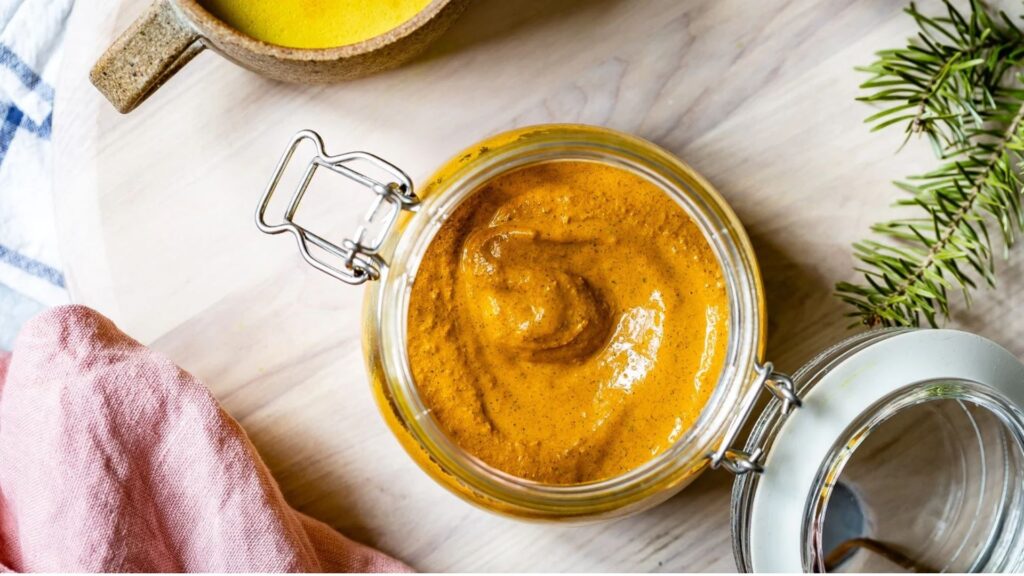Sprains are common injuries that occur when ligaments—tissues connecting bones to joints—get overstretched or torn. Whether from sports, a simple misstep, or sudden twisting, sprains can affect areas like the ankle, wrist, knee, or even fingers. Although severe cases might require medical attention, mild to moderate sprains can often be managed at home with simple remedies and precautions. Here are 9 effective home remedies for sprains to help you recover quickly and avoid further discomfort.
1. R.I.C.E Method: Rest, Ice, Compression, and Elevation
The R.I.C.E method is a well-known treatment protocol for sprains, especially within the first 24 to 48 hours.
- Rest: Avoid using the affected area to prevent further damage.
- Ice: Apply a cold compress or ice pack for 15-20 minutes every 2-3 hours to reduce swelling and numb the pain. Wrap the ice in a cloth to avoid skin damage.
- Compression: Use an elastic bandage to wrap the injured area, but avoid wrapping it too tightly as this could restrict blood flow.
- Elevation: Keep the sprained area elevated above the heart level to minimize swelling.
This approach helps reduce inflammation and provides initial relief from pain and swelling.
2. Turmeric Paste: Nature’s Pain Reliever
Turmeric has anti-inflammatory and analgesic properties that can help alleviate pain and swelling from sprains.
How to Use:
- Mix 1-2 teaspoons of turmeric powder with water or coconut oil to form a paste.
- Apply the paste to the affected area and wrap it with a soft cloth or bandage.
- Leave it on for 2-3 hours, then rinse off. Repeat twice daily for better results.
Turmeric not only reduces inflammation but also speeds up the healing process.

3. Epsom Salt Soaks for Swollen Joints
Epsom salt, or magnesium sulfate, has long been used to relieve muscle and joint pain. It works by relaxing the muscles around the injured area and reducing swelling.
How to Use:
- Add ½ cup of Epsom salt to a tub or bucket of warm water.
- Soak the sprained area for 15-20 minutes.
- Repeat 2-3 times a day for effective results.
This remedy is especially helpful for ankle or wrist sprains and can provide soothing relief after physical exertion.
4. Arnica: The Homeopathic Healer
Arnica, available as a gel, cream, or oil, is known for its anti-inflammatory properties and effectiveness in treating bruises, swelling, and sprains.
How to Use:
- Apply arnica gel or cream directly to the sprained area 2-3 times daily.
- Avoid applying to open wounds or broken skin.
Arnica helps reduce swelling, relieves pain, and can even prevent bruising in the affected area.
5. Apple Cider Vinegar Wraps for Swelling
Apple cider vinegar (ACV) has anti-inflammatory and healing properties, making it an excellent remedy for sprains.
How to Use:
- Warm some ACV and soak a clean cloth in it.
- Wrap the cloth around the sprained joint and cover it with a plastic wrap or towel to lock in the heat.
- Leave it on for 30 minutes. Repeat 1-2 times a day.
The warmth from the ACV wrap improves blood flow, aiding in quicker recovery.
6. Essential Oils for Pain Relief
Certain essential oils, such as peppermint, lavender, and eucalyptus oils, are known for their analgesic and anti-inflammatory effects.
How to Use:
- Mix a few drops of essential oil with a carrier oil (like coconut or olive oil).
- Gently massage the mixture onto the sprained area.
- Perform the massage 2-3 times daily for best results.
These oils not only reduce pain but also promote relaxation, which can ease muscle stiffness around the injury.
7. Ginger Tea to Reduce Inflammation
Ginger contains anti-inflammatory compounds that can reduce swelling and pain associated with sprains. Consuming ginger tea regularly may help in speeding up recovery.
How to Use:
- Boil 1-2 inches of fresh ginger root in water for 10-15 minutes.
- Strain the tea and add honey or lemon for taste.
- Drink the tea 2-3 times a day.
Ginger not only helps with sprains but also boosts circulation, which supports faster healing.

8. Cold Cabbage Compress: An Unconventional Remedy
Cabbage leaves are rich in anti-inflammatory properties and are a popular folk remedy for sprains. They draw out excess fluid from swollen tissues, easing discomfort.
How to Use:
- Place cabbage leaves in the fridge to chill.
- Wrap the cold cabbage leaves around the sprained joint and secure them with a bandage.
- Leave them on for 30 minutes to an hour. Repeat 2-3 times daily.
This simple remedy can provide quick relief, especially for swelling in fingers, ankles, or knees.
9. Stay Hydrated and Eat Anti-Inflammatory Foods
Proper hydration and a diet rich in anti-inflammatory foods can play a significant role in the recovery process. Some foods to include are:
- Berries (blueberries, strawberries)
- Leafy greens (spinach, kale)
- Fatty fish (salmon, mackerel)
- Nuts and seeds
- Olive oil
Drinking plenty of water ensures that your body can flush out toxins and deliver nutrients essential for healing.
When to See a Doctor?
If you suffer a sprain, it’s essential to know when to seek medical attention. While mild sprains can often be treated at home with rest, ice, compression, and elevation (RICE), some symptoms indicate the need to see a doctor. Visit a healthcare professional if you experience severe pain, significant swelling, or if you cannot bear weight on the injured area.
A sprain accompanied by numbness, tingling, or a popping sound at the time of injury could indicate a more serious issue like a torn ligament or fracture. Persistent symptoms beyond a few days, bruising that spreads, or instability in the joint also warrant medical evaluation. If the injury involves a high-risk joint, such as the ankle or knee, or if you notice deformity, immediate attention is advised. Early diagnosis and treatment can prevent complications and ensure a smoother recovery.
Conclusion
Sprains, though painful and inconvenient, can often be treated effectively with these natural remedies. The R.I.C.E method provides immediate relief, while ingredients like turmeric, Epsom salt, and essential oils offer long-term benefits. By incorporating anti-inflammatory foods and staying hydrated, you can further support the healing process. However, knowing when to seek medical help is crucial to avoid complications.The next time you or a loved one experiences a sprain, try these 9 home remedies to alleviate pain, reduce swelling, and promote faster recovery. With the right care and a little patience, you’ll be back on your feet in no time!






















Leave a Reply